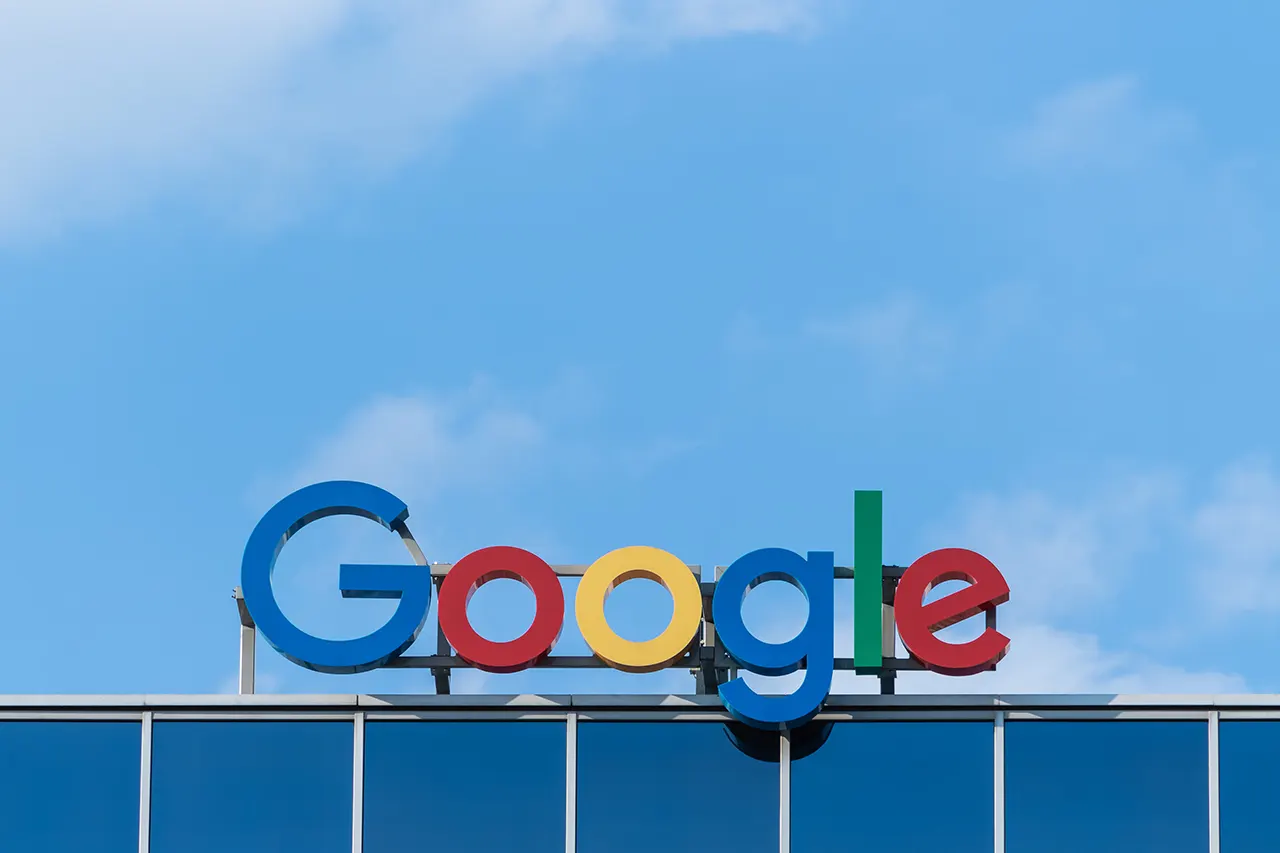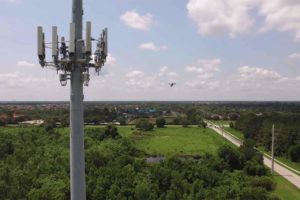Google presented its AI news at its “Live from Paris” conference and announced the upcoming integration of its conversational agent Bard into its search engine.
A few hours after Microsoft announced the integration of ChatGPT into Bing, Google retaliated with an event presenting its latest advances in artificial intelligence (AI) and search. The Mountain View firm took the opportunity to showcase the capabilities of its new chatbot Bard – which will be integrated into Google Search.
Bard Arrives In Google, But It Is Not Known When
There is no doubt that this conference was organized by Google in response to Microsoft. The company focused on the increased capabilities of its search engine thanks to artificial intelligence, and in particular on the incorporation of Bard – which it presented on 7 February.
Based on its LaMDA extended language model, Bard will soon be integrated (no date has been revealed) into the company’s search engine, enabling it to provide much more nuanced, accurate, and complete answers to queries. For example, it will be able to explain the pros and cons of buying an electric vehicle or planning a trip in its entirety. Like GPT on Bing, it will take the form of a chat.
With its artificial intelligence, Google also wants to highlight what it calls NORA (No One Right Answers), i.e. the fact that there are often several answers to a single question. While the search engine answers a query in a simplified way, it will be able to give various explanations with different points of view in the search results, with the aim of “showing the whole picture”, explained Google vice-president Prabhakar Raghavan. The company did not specify when this feature would be deployed and assures that Bard is currently tested in a very limited way, Google is waiting for feedback in order to improve it.
Maps And Search To Be Enhanced With AI
While the event was an opportunity for Google to respond to Microsoft with Bard, it also took the opportunity to present its latest advances in the field of artificial intelligence, and to announce new features to come on Search and Maps.
For instance, Google Translate will soon be able to display additional context for certain words or phrases. Google gave an example of how this feature could be useful: if you are trying to find the right translation for the word “novel”, which in English can refer to a book or something original. This feature will be available in English, French, German, Japanese, and Spanish in the coming weeks.
The multiple search feature, which allows users to search both text and images, is now available worldwide. Google also announced that its variant called “Multisearch near me”, which allows you to search for a location directly from a photo or video on your smartphone will be available in the coming months.
The immersive view in Google Maps, which combines a 3D view of a certain area with specific information such as traffic and weather, is now being rolled out in five cities: London, Los Angeles, New York, San Francisco, and Tokyo. It will be rolled out more widely in the coming months. Similarly, Google has introduced Live View search, which allows you to find out more about specific locations by viewing them with your smartphone camera using augmented reality. This technology is also used in the Indoor Live View feature, which overlays virtual reality directions to help navigate buildings and hard-to-reach places.
Finally, Google has introduced several features in Maps for electric vehicle drivers, including suggested stops for charging, a filter for “very fast” charging stations, and directions to places with charging stations, such as shopping centers.
Microsoft Versus Google: The Start Of A New War Between The Two Giants?
Through this event, Google wanted to position itself as one of the “pioneers” in the field of artificial intelligence. Prabhakar Raghavan insisted on the fact that the company’s research in this field was conducted in a responsible manner. In particular, he pointed out that Google was one of the only companies to have drawn up an ethical charter on the use of AI.
Although the American giant is one of the world leaders in this field, it has been caught off guard by the rise of ChatGPT and, at the same time, Microsoft, which has invested heavily in OpenAI. For the moment, it is difficult to get an idea of the capabilities offered by Bard compared to GPT, especially since the AI demonstration was much less complete than that of Microsoft, which already offers the new version of its search engine with limited access.
However, it is important to point out that Google has a huge user base in search. By integrating Bard, the tool will be available to more than one billion people. The two Silicon Valley giants will engage in a major battle around generative AI and search engines. A battle in a war that was thought to have been won long ago by Google.
Read More:
⇛ 9 Signs You’re A Cell Phone Addict & What To Do About It
⇛ What Is 5G Technology And Does It Have Health Risks?
⇛ How Governments Use Artificial Intelligence In Decision-Making













